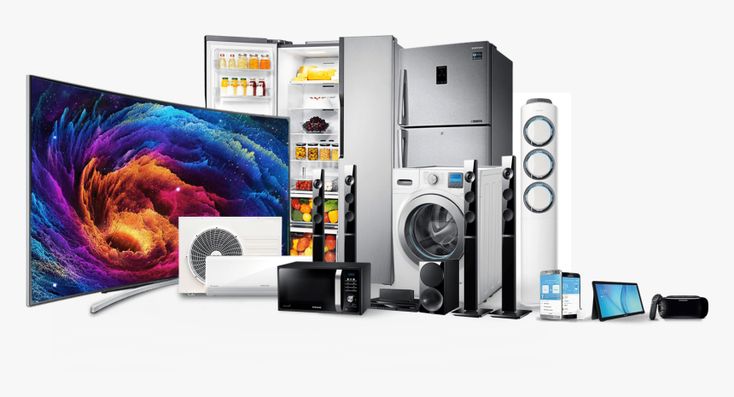In the realm of technology, one question that often sparks debate is whether a computer is an electronic device or a machine. This question, seemingly simple, is layered with complexities that require a deep dive into the world of computers and technology.
To begin with, let's define what we mean by an electronic device and a machine. An electronic device is a device that utilizes the movement of electrons in a vacuum, gas, or semiconductor. It is a general term that includes anything from small appliances to large-scale systems that utilize electricity. On the other hand, a machine is a device that uses energy to perform some activity. In the broadest sense, a machine is anything from a simple lever to a complex automobile engine.
So, where does a computer fit in these definitions?
A computer, in its most basic form, is an electronic device. It uses electricity to manipulate and process information. The computer's core components, such as the central processing unit (CPU), memory (RAM), and storage devices, all operate using electronic circuits and signals. These components use the flow of electrons to perform calculations, store data, and execute commands.
However, the definition of a computer extends beyond that of a simple electronic device. A computer is also a machine, but not just any machine - it's a complex, programmable machine. It's designed to execute a set of instructions, or a program, and can be reprogrammed to perform a wide range of tasks. This programmability sets computers apart from other electronic devices and machines, making them uniquely versatile and powerful.
The dual identity of a computer as both an electronic device and a machine is a testament to its complexity and versatility. It's an electronic device in that it uses electricity and electronic circuits to function. At the same time, it's a machine in that it uses energy (in the form of electricity) to perform tasks according to a set of instructions.
In the context of the evolving technological landscape, the identity of a computer becomes even more multifaceted. With the advent of quantum computing, computers are no longer confined to the realm of classical electronics. Quantum computers use quantum bits, or qubits, which can exist in multiple states at once, thereby exponentially increasing their processing power.
In conclusion, a computer is both an electronic device and a machine, but it's much more than the sum of these parts. It's a testament to human ingenuity and the power of technology. As we continue to push the boundaries of what computers can do, we can only expect this debate to become even more complex and fascinating.


